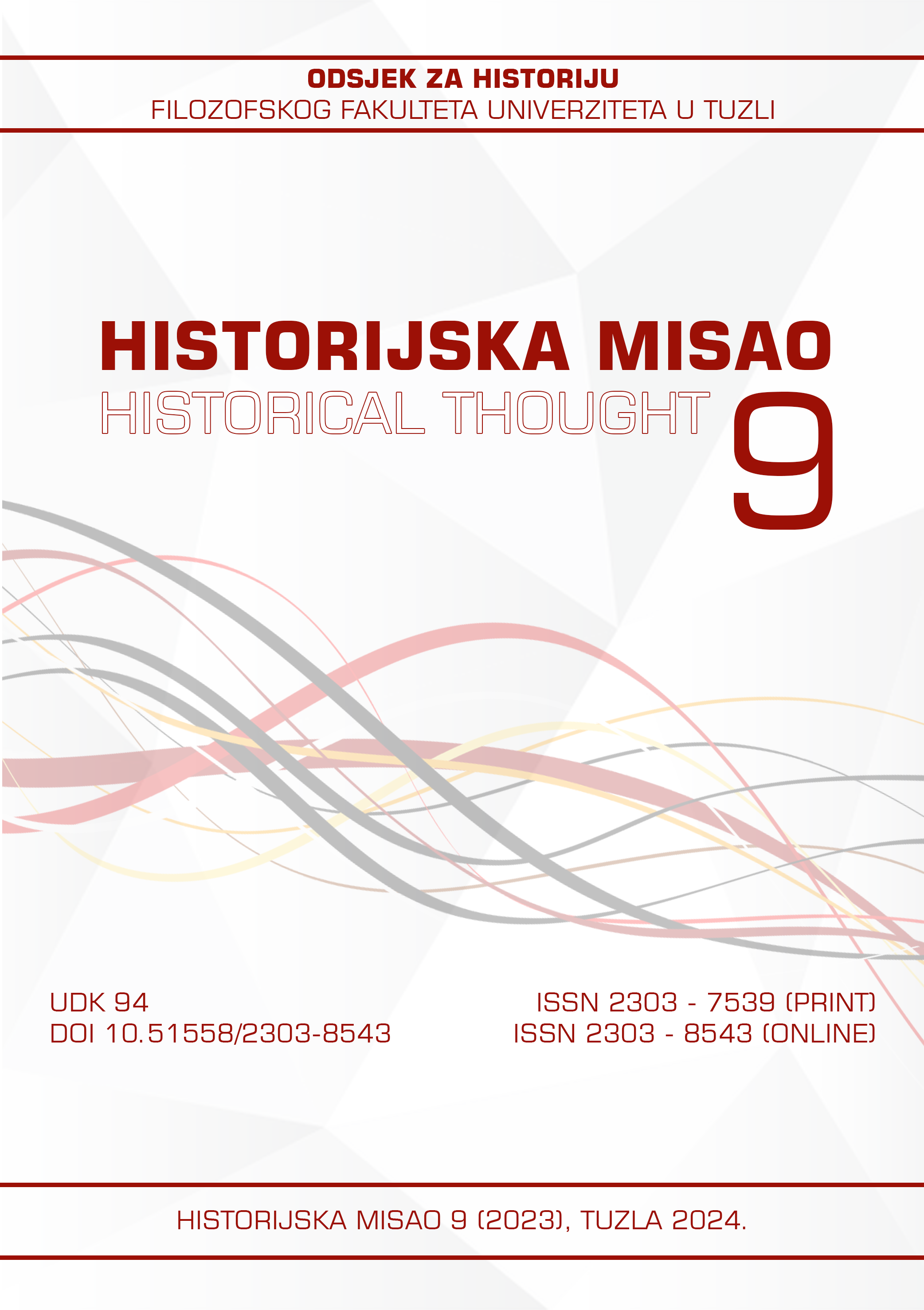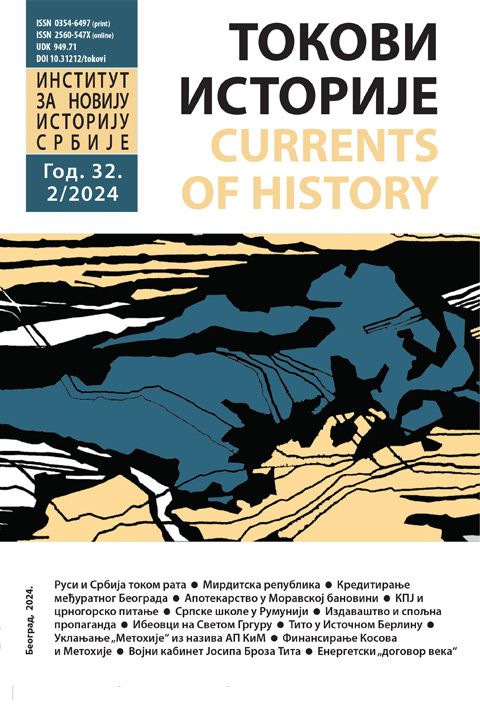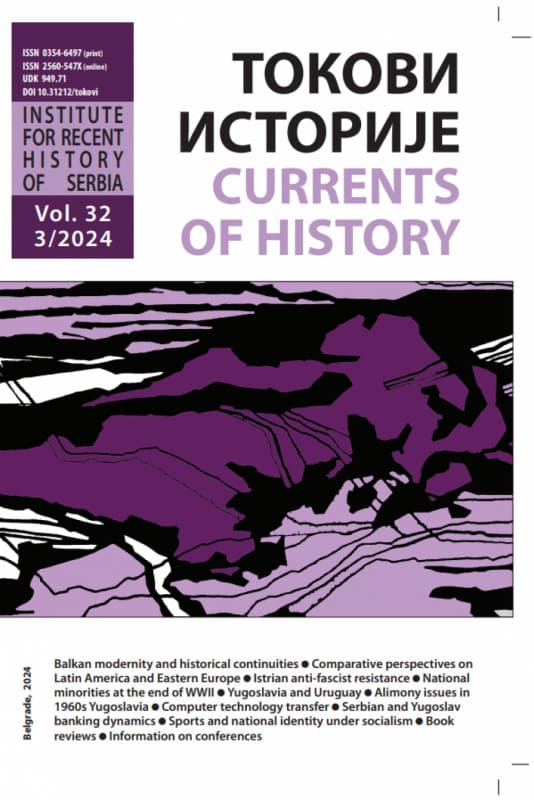
Meșteri constructori angajați pe șantierele orașului Bistrița între anii 1475–1520
Starting from the last quarter of the fifteenth century, the city of Bistrița experienceda period of intense building activity that lasted several decades and concerned the construction, renovation or extension of numerous public buildings comprising the fortification, the bathhouse, the town hall, the school, the brewery, the arsenal etc. The paper presents aspects related to the organization of construction sites, the building materials employed and the craftsmen involved based on the information recorded in the city’s account books from the last quarter of the fifteenth century and the first two decades of the sixteenth century.
More...


